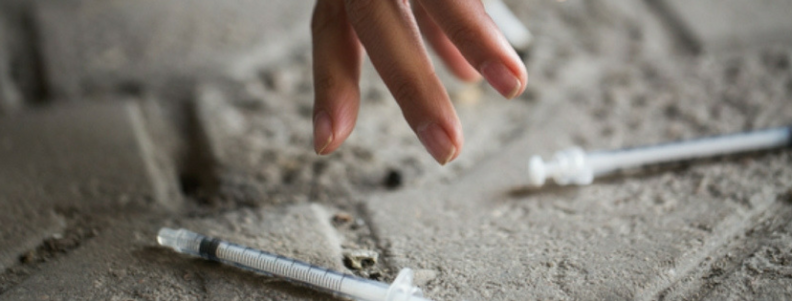Dealing with addiction—no matter if you’ve just spotted the first signs for concern or know without a doubt that you or a loved one has a full-blown, out-of-control habit—starts by taking the proper first steps. I, myself, took the long road to sobriety. At first, I was not sure if it was even for me. To be honest, I thought it was a bunch of bullshit until it actually happened. Looking back and seeing where I am now, I know I was wrong.
Now I am able to share what I have been through with you. If you’re a parent of an addict, you’ve probably felt powerless and out-of-your-head sitting at the kitchen table thinking: This is getting bad. When will they be home? Will they ever be honest with me? Are things ever going to be okay again? What’s the matter? Why did they do this? What’s the matter with them?
What did I do wrong?
It’s heartbreaking and miserably sad to feel so powerless in your own life. It hurts just as bad to watch your addicted loved one suffering so much and not being able to do anything about it. The drugs destroy what was once so good and so happy. Drug abuse brings the worse out in everyone, and every day it gets harder and harder.
In Alcoholics Anonymous, you’re taught that the first step is to admit you’re powerless over drugs and alcohol, and that your life has become unmanageable. This rings just as true whether you yourself are actively using or if you’re someone who’s trying to help support and love an addict.
When it comes to facing addiction, we all need to accept the fact that things are where they are, and no matter how much you are trying, things are not getting any better. This is the true first step—no matter how small it seems. We all need to understand and admit that the drugs have made life out of control for everyone.

Helping Your Loved One
No matter how bad it seems right now, trust and believe that if your loved one keeps actively using, things are only going to get worse. You can only sit at home and watch and listen and hear all the lies and the bullshit and the calls for money and all the crazy stories of why they need it for so long before you say “Enough!” You need to draw the line in the sand somewhere. You need to say have a spare now noticing to get worse. Once you admit you’re powerless over this situation, you can officially begin to make things better.
Blaming yourself, pointing the finger, and fighting with your spouse or your family only makes things worse.
It’s not your fault. Don’t feel bad for yourself. Stop asking how you got here, and understand the fact that it is what it is, you are where you are, and sweeping it all under the rug can only put a Band-Aid on the situation for so long before you’re actually helping the addict in your life make the damage worse.
You need to know the damage is done, but it’s not easy to admit—I know. The road ahead isn’t easy either. However, by reading this blog and understanding what you can do, what they’re thinking, and what’s really going on, we can start to rebuild that trust you once had with your loved one. You can put an end to getting let down. No more lies. No more stories about money. No more lawyers and the rest. Addiction is a long road into dark woods, and the farther in you’ve gone, the longer it takes to get out. But the light shining through the trees will get brighter as you go. It will get better. The struggle is real, but no matter how hopeless you feel, the best thing you can do is actually get ready and prepare for treatment. Prepare to get them help, and follow the steps that are coming throughout this blog that will be ideal for getting a drug user the help they need. There is so much more you can do about a loved one’s addiction than just sitting around thinking about it, pushing it away, denying it, or convincing yourself they will get better by themselves.
